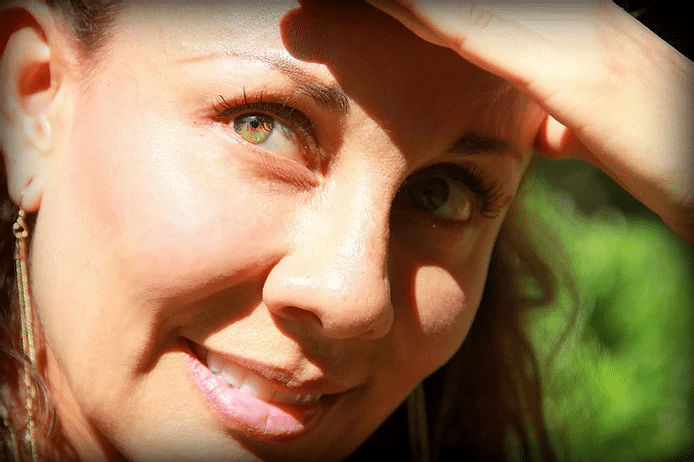Can climate change damage our eyes?
It is already well known that climate change is affecting the environment – with warmer temperatures, rising sea levels and changes in rainfall patterns.
Most of us already know how important it is to protect ourselves from the sun, however our eyes may be more vulnerable to climate change than we realise.
What effect is climate change having on our eye health and vision and what can we do to prevent lasting damage?

Can climate change damage eye health?
Due to their exposed position, our eyes are susceptible to air pollution, arid temperatures and greater exposure to ultraviolet (UV) radiation.
UV radiation and eyes
Eyes are ten times more sensitive to UV rays than skin. UV radiation can burn the surface of the eyes, the lens of the eye and the cornea.
Research links excessive or prolonged UV radiation to conditions such as:
- Painful inflammation of the cornea
- Dry eyes and irritation
- Snow blindness
- Age-related macular degeneration
- Cataracts.
Air pollution and eyes
Air pollution has long since been linked with respiratory problems. Now we are seeing that an increase in airborne particles can also have an impact on our eye health, causing conditions such as blepharitis.
Increased temperature and eyes
When temperatures rise the air becomes drier. According to Shelia West PHD, vice chair for research at the Wilmer Eye Institute, John Hopkins University, ‘drier air may accelerate symptoms in people who are prone to dry eye.’
Does climate change cause cataracts?
According to the World Health Organization (WHO), 5 percent of the 18 million who have cataracts had their cataracts develop as a result of UV radiation.
Research has shown that depleting ozone levels increase the amount of UV radiation, which can lead to cataracts in later life.

What will climate change mean to our children’s eyes?
Children face an even greater risk of retinal damage from UV rays than adults. Children have larger pupils and clearer lenses inside their eyes meaning more UV light can reach their retina.
What can we do to protect our eyes from climate change?
In the UK, UV levels are graded from low to very high. It is important that you protect your eyes when levels are at moderate or above.
1. Sun hat
Dr. Shelia West advises that wearing a sunhat outdoors can reduce UV exposure by up to 30%.
2. Sunglasses
Remember to pair your hat with quality sunglasses, spectacles or contact lenses with a built-in UV filter to protect your eyes from UV rays. Your optician will be able to advise you on lenses with the best protection.
3. Eye drops
To combat dry eyes, use eye drops for relief against sore, irritated eyes and seek advice from your optometrist if symptoms persist or get worse.
4. Protect children
Limit exposure to intense UV light between the hours of 10am and 2pm. Babies especially should be kept shielded from the sun’s rays. Cover up with a wide-brimmed hat and sunglasses.
—
Awareness is growing about the effects of climate change on our eyes. If you have any concerns, speak to your local independent optometrist who can advise you on how to keep your eyes healthy.
Related articles





